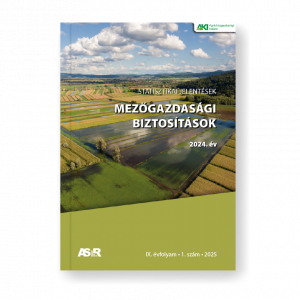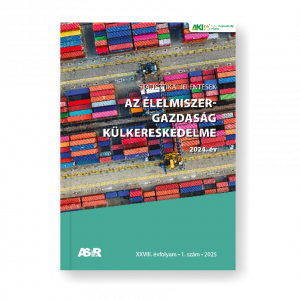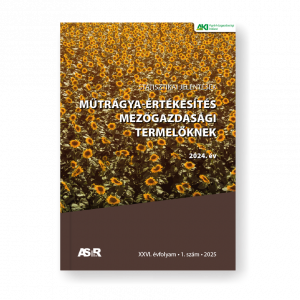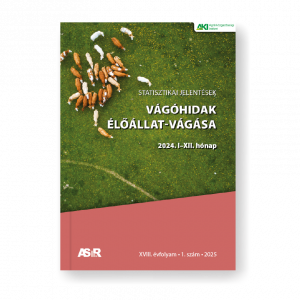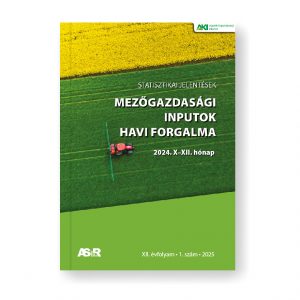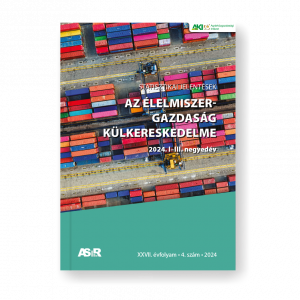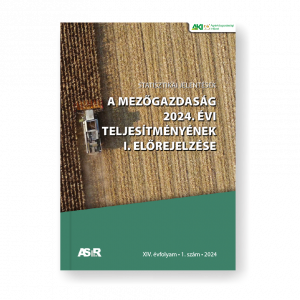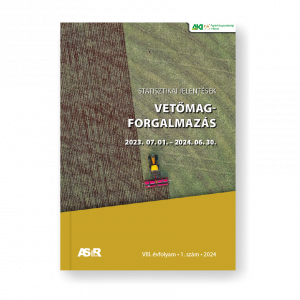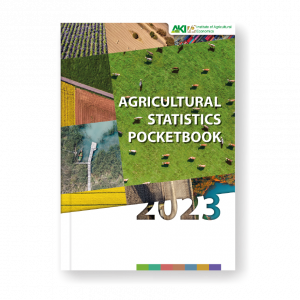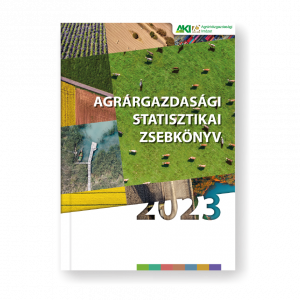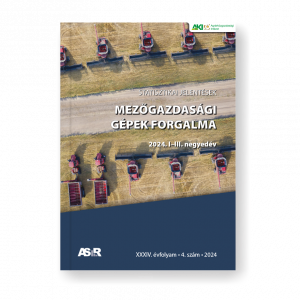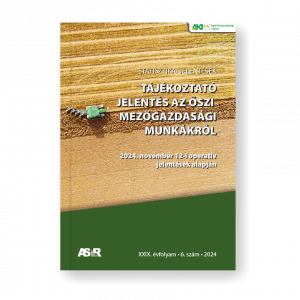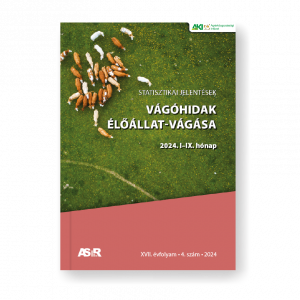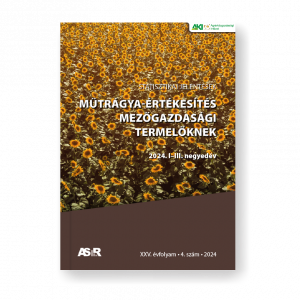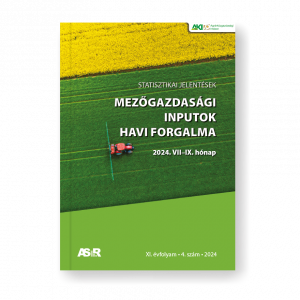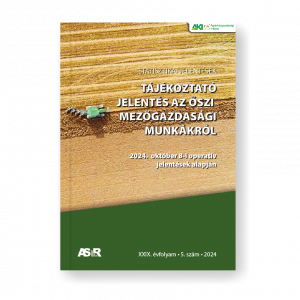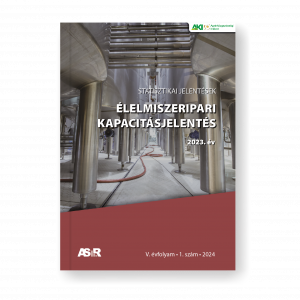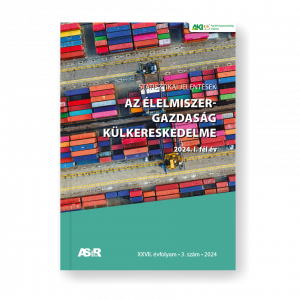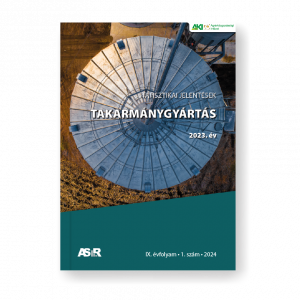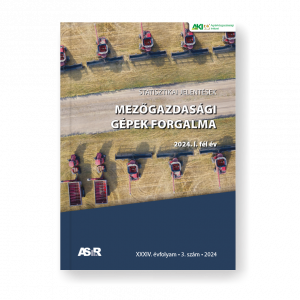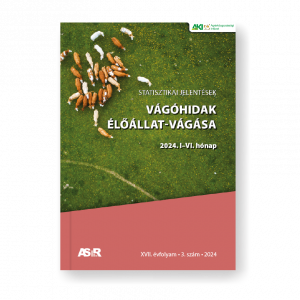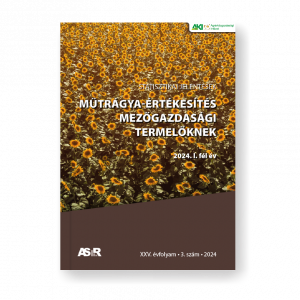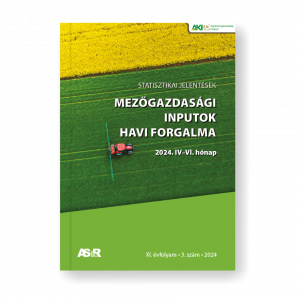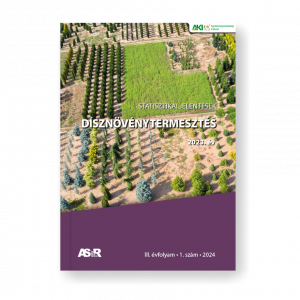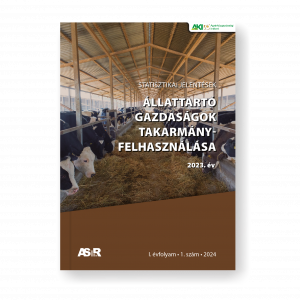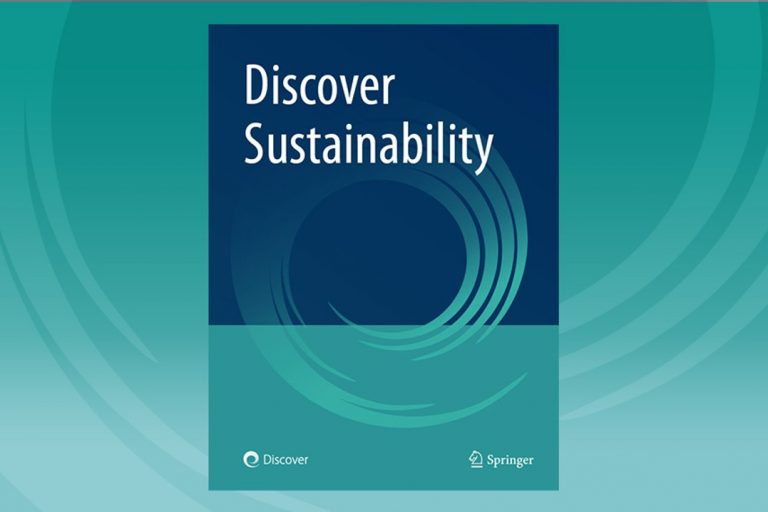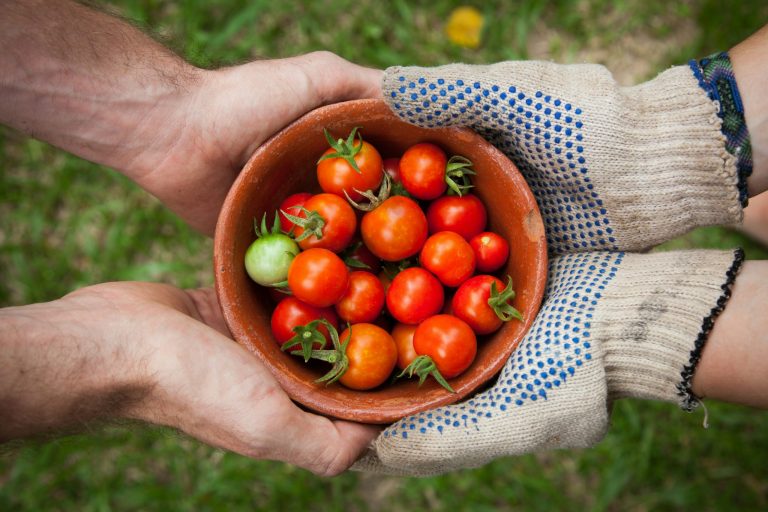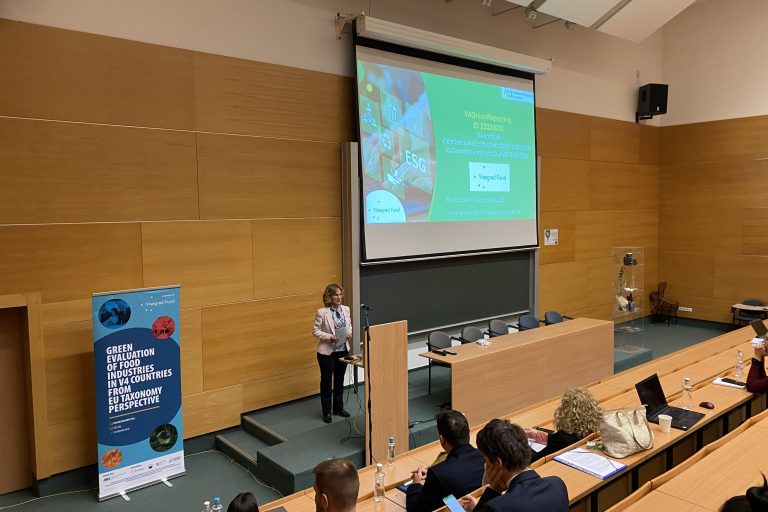Due to climate and flow regime extremes, ensuring yield stability in crop production requires more than the appropriate agrotechnical practices (such as soil cultivation) that support soil water balance. It also necessary to ensure the conditions of water retention strategies and efficient irrigation systems. Adapting effectively to the changing environmental conditions requires the conscious integrated application of the hydrogeological, soil science, agrotechnical and irrigation technology knowledge, as well as water resource management.
Farmers are playing an increasingly important role in improving environmental sustainability and mitigating the impacts of climate change. Climate and environmental measures are receiving more attention, along with the assessments of their effects on competitiveness and economic sustainability. This research evaluates the agricultural water management, water use and irrigation in a comprehensive way considering economic, environmental and social aspects.
It empirically examines micro- and macroeconomic efficiency and productivity, the environmental and climatic factors are also taken into account. The research also analyses the effectiveness of agri-environmental measures across time and space, and provides guidelines on adjustments in land use or technology if necessary.
In practice, the economic analysis of irrigation development focuses on sustainable agricultural water management, water retention and irrigation development issues related to the sustainable use of natural resources.



 HUN
HUN

